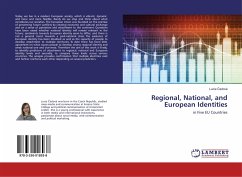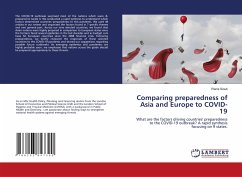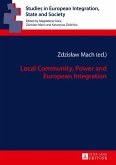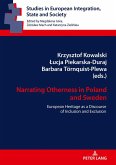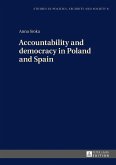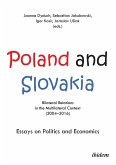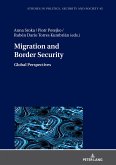Today, we live in a modern European society, which is vibrant, dynamic and more and more flexible. Rarely do we stop and think about what constitutes our societies. The European Union was founded on the premise of preventing future conflicts by creating economic and cultural exchange and on a sense of patriotism and attachment to the continent. Questions have been raised whether national identity will remain relevant in the future; sentiments towards European identity seem to differ, and there is not a general trend towards a post-national state. The existence of European identity has been doubted as well as the capacity of people to develop attachment to multiple territories. To date there has been little agreement on what causes people to develop strong regional identity and weak national one and vice-versa. Therefore the aim of this work is firstly, to identify predictors of attachment to regional, national and European identity levels and secondly, to compare these levels across various countries. The analysis provides confirmation that multiple identities exist and further reinforce each other depending on several predictors.
Bitte wählen Sie Ihr Anliegen aus.
Rechnungen
Retourenschein anfordern
Bestellstatus
Storno

